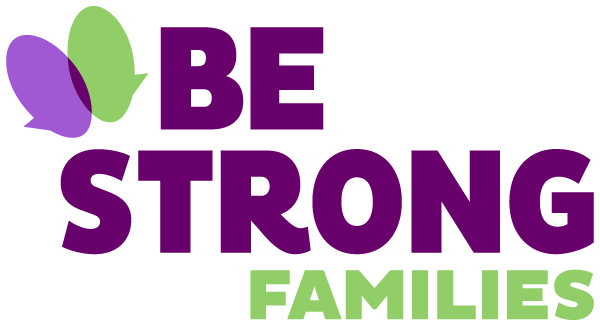Parent Café Evaluation Highlights
By Beth Lakier
Since Be Strong Families (BSF) first pioneered the Parent Café approach in 2007, hundreds of programs In the US and internationally have adopted the approach, reaching thousands of parents and families through deep, personal conversations designed to facilitate transformation and healing. In 2019 we started the National Parent Café Evaluation Project to be able to share the impact of Parent Cafés. Fifty-five percent of our partners participated in the National Parent Café Project. The following are key trends in data collected in 2019, 2020, and 2021.
· Broad Participation by programs:
Over 3 years 96 partner programs participated in the National Café Evaluation, 895 Cafés were hosted and close to 14,000 individuals filled out the evaluation form.
· A Strong and Growing Capacity to reach Black Indigenous People of Color (BIPOC) Participants
In 2019 about 33% of those who filled out the Café evaluation forms identified as BIPOC, by 2021 the percentage was 60%.
· Success Engaging parents facing complex parent issues.
Over the 3 years BSF reached over 10,000 individuals who identified as having complex parenting issues. This includes but is not limited to foster parents, adoptive parents, grandparent raising grandchildren, teen/youth with a child, parent of children with disabilities, parent of an LGBTQ+ child, LGBTQ+ parent.
· Prolonged engagement with parents
Over 20% of individuals reported that they participated in more than 6 Cafés, and almost 12% of participants reported they had participated in over 10 Cafés.
· Success in building protective factors.
In all three years participant evaluations reflected an 80%- 95% growth in all Protective Factors.
· Environments that support learning
In all three years over 96% of participants indicated that the Café was a safe space where they could learn from each other, and which promoted self-reflection.
· Building engaged leaders
In all 3 years over 87% of participants indicated that they wanted to be more involved with the host agency or be part of the Café team
The data from 2019, 2020 and 2021 clearly indicates that the Cafés are achieving the goals that were set out for them:
· Building participant protective factors
· Creating safe spaces for participants to self-reflect
· Enhancing the feeling of connection to host agencies
· Developing a cadre of leaders who are comfortable taking on the role of Café hosts.
For additional data and information on the National Café Evaluation please visit the Report Executive Summary. Read the full report: Parent Café Report 2019-2021.

